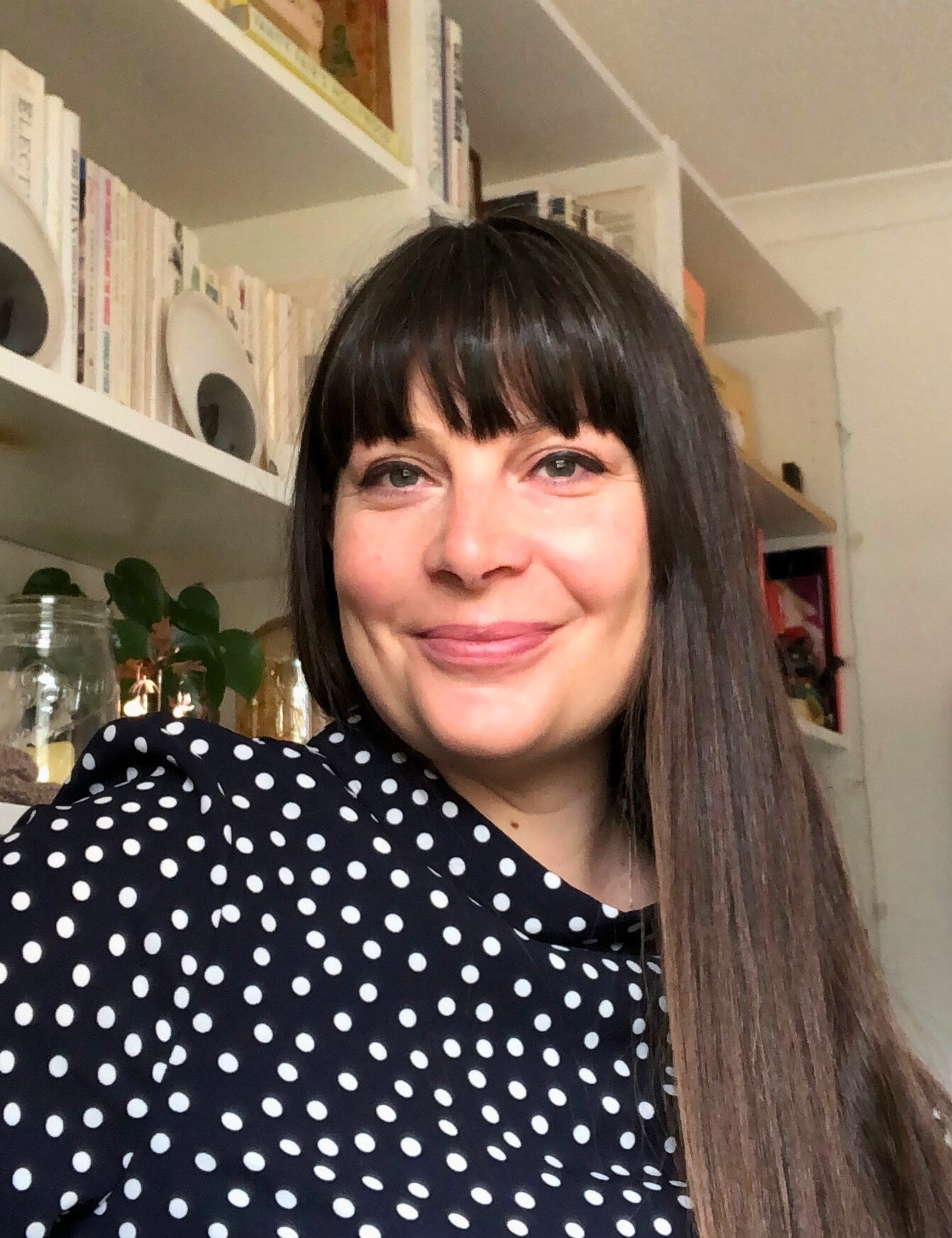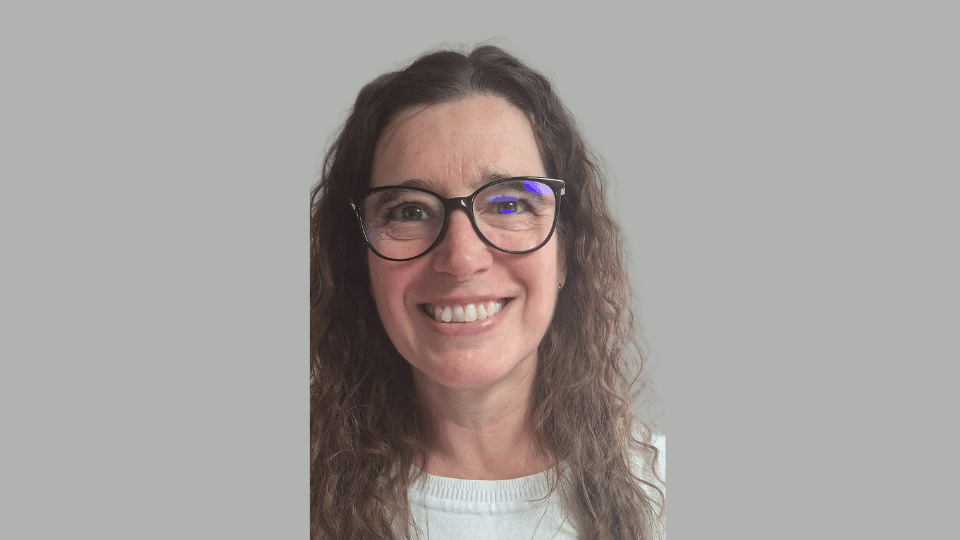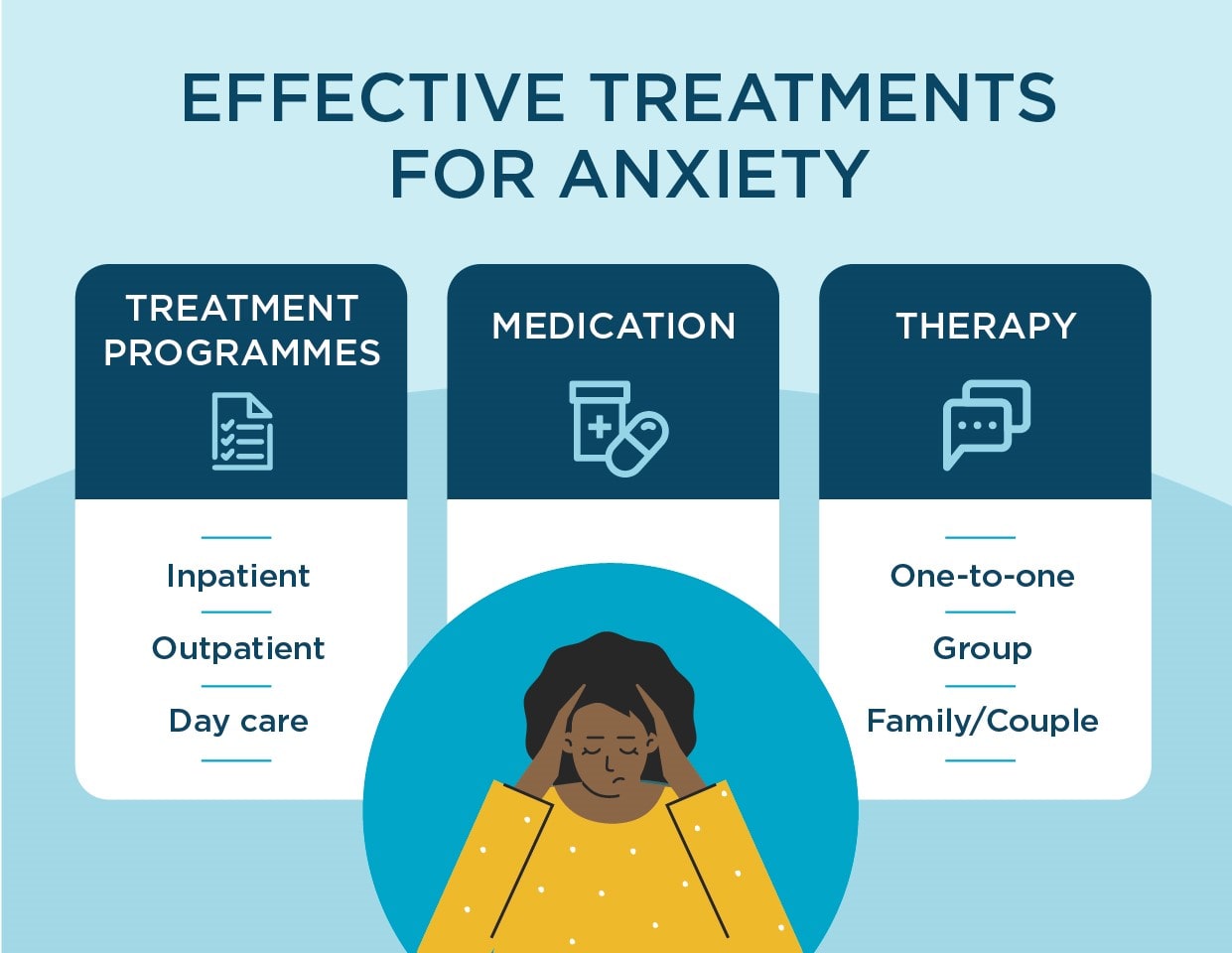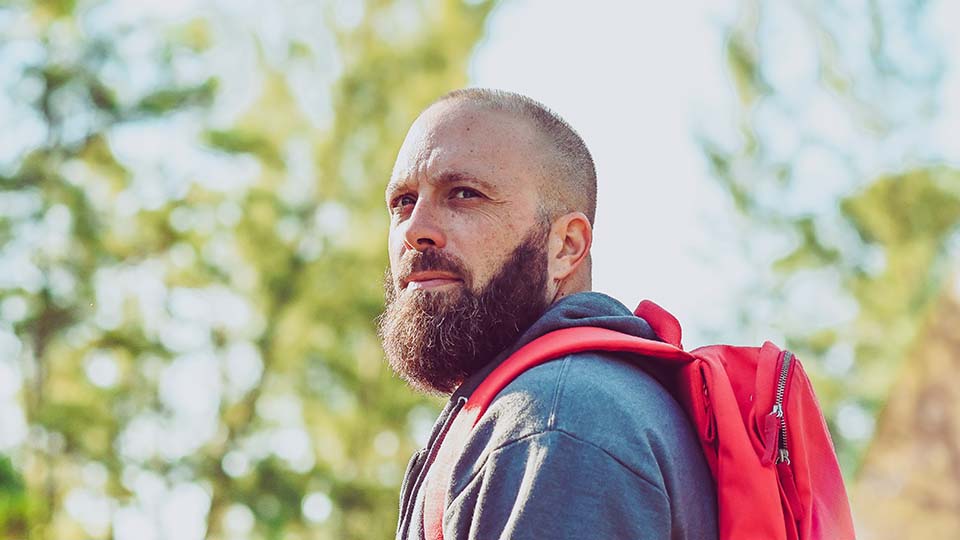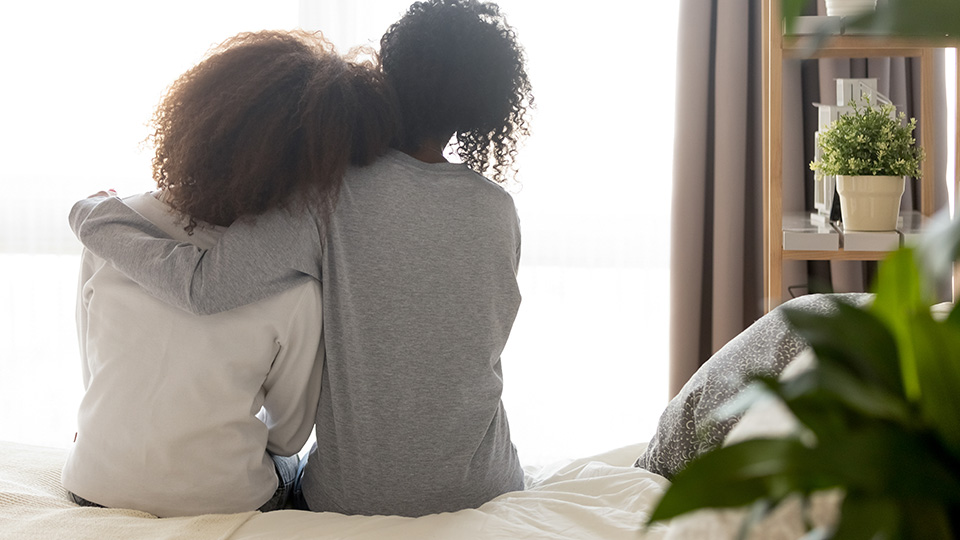Accessing support for anxiety treatment
Accessing support for anxiety treatment can feel daunting. Understanding the pathways available to you can make it easier to seek help.
Private treatment options
The benefits of private anxiety treatment include shorter waiting times, faster access and tailored sessions with highly trained mental health experts.
Priory are a leading provider of world class mental health treatment and support, we offer:
- High-class facilities designed for recovery and care from the very best treatment teams
- Holistic treatment programmes tailored to your individual needs
- Options for step-down care to ensure long-term recovery
Private treatment costs vary according to location and the type of treatment required. If you’re worried about your anxiety, or that of someone you love, then get in touch about mental health treatment at Priory.
Free treatment options
Your GP can assess symptoms, rule out physical causes and refer you to appropriate mental health services.
In England, you can directly refer yourself to NHS Talking Therapies without seeing a GP. These include CBT, counselling and group therapy, often provided free on the NHS.
While these are free services, they are subject to a high level of demand, meaning you may be placed on a long waiting list.
Support from charities and local organisations
Charities like Mind, Anxiety UK and Samaritans provide helplines, peer support groups and low-cost therapy. Community centres and local mental health organisations may have free or low-cost workshops and resources that you can access.


